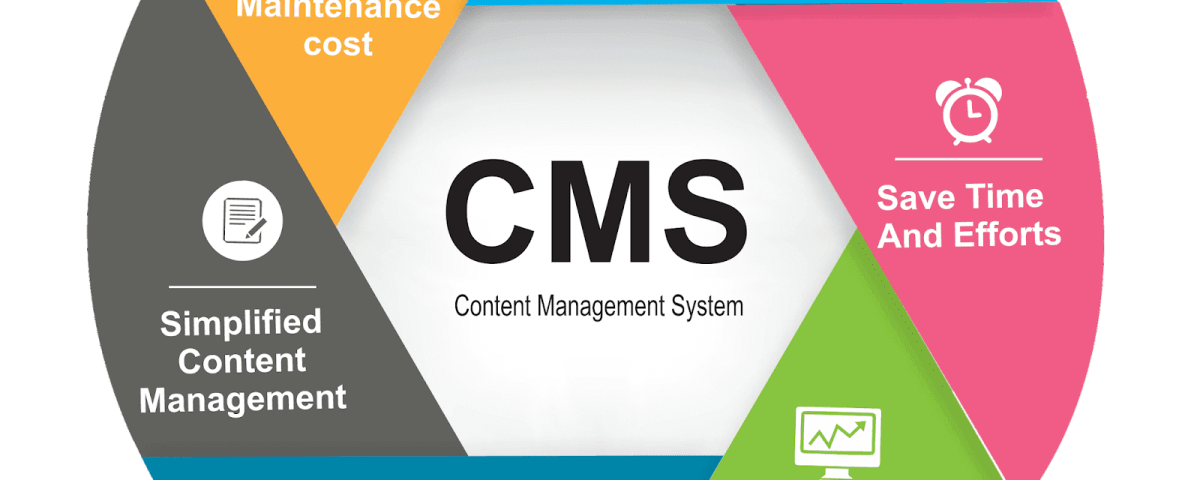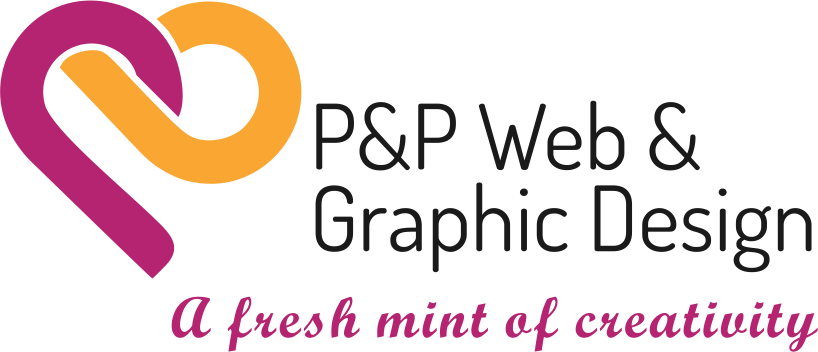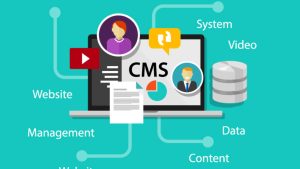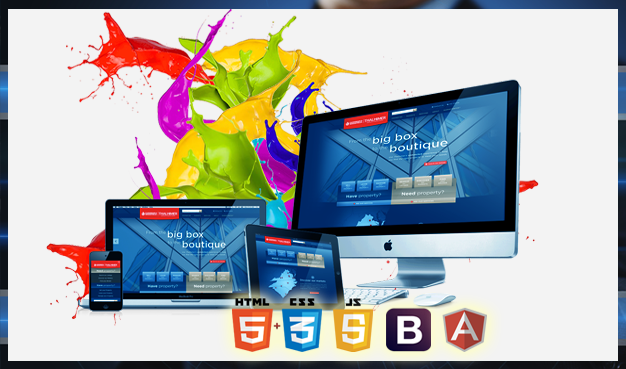- Have any questions?
- (Prasad) +91 96191 46851 | (Parag) +91 99878 20022
- support@pnpwebdesign.com
Navigating the World of Web Content Management Systems

A Step-by-Step Guide to Building a Website with WordPress
February 8, 2024
Unveiling the Power of Websites Created with WordPress
February 8, 2024Navigating the World of Web Content Management Systems

In today’s digital age, the demand for effective web content management systems (CMS) has never been greater. These platforms serve as the backbone of websites, enabling users to create, manage, and publish content with ease. In this comprehensive guide, we’ll explore the fascinating realm of web content management systems, shedding light on their importance, features, and benefits.
-
Understanding Web Content Management Systems:

Web content management systems, often abbreviated as CMS, are software applications designed to facilitate the creation, modification, and publication of digital content on the web. These systems provide users with a user-friendly interface to manage various types of content, including text, images, videos, and documents. By centralizing content management tasks, CMS platforms streamline the website development process, empowering users to focus on creating engaging content rather than grappling with technical complexities.
-
Key Features of Modern CMS Platforms:
Modern web content management systems boast a plethora of features designed to enhance productivity, efficiency, and user experience. From intuitive content editors and customizable templates to robust media libraries and SEO tools, CMS platforms offer a comprehensive suite of functionalities to meet the diverse needs of users. Additionally, many CMS platforms support collaborative workflows, allowing multiple users to contribute, review, and approve content seamlessly. With features like version control and content scheduling, CMS platforms empower users to maintain a consistent and dynamic online presence.
-
The Evolution of CMS Technologies:
The landscape of web content management systems has evolved significantly over the years, driven by advancements in technology and changing user preferences. Traditional CMS platforms were often proprietary and rigid, limiting customization and scalability. However, with the rise of open-source CMS platforms like WordPress, Drupal, and Joomla, users gained access to flexible, extensible, and community-driven solutions. Today, headless CMS architectures, which decouple content management from presentation, are gaining popularity, offering greater flexibility and scalability for modern web applications.
-
Choosing the Right CMS for Your Needs:



Selecting the right web content management system is a critical decision that can significantly impact the success of your digital initiatives. When evaluating CMS platforms, consider factors such as ease of use, scalability, customization options, integration capabilities, and community support. Conduct thorough research, read user reviews, and seek recommendations from industry experts to identify the CMS platform that best aligns with your requirements and objectives. Remember that the ideal CMS solution may vary depending on factors such as budget, technical expertise, and project scope.
-
The Future of Web Content Management:
As technology continues to evolve, the future of web content management systems promises exciting innovations and opportunities. Emerging trends such as artificial intelligence, machine learning, and voice-activated interfaces are reshaping the way content is created, managed, and delivered. Additionally, the proliferation of headless CMS architectures and the rise of low-code/no-code platforms are democratizing content management, empowering users of all skill levels to build sophisticated websites and applications.
Web Content Management Systems Conclusion:
In conclusion, web content management system play a crucial role in enabling organizations and individuals to create, manage, and deliver compelling digital experiences. From traditional CMS platforms to modern headless architectures, the options are diverse and abundant. By understanding the features, benefits, and evolving trends in the world of web content management, you can make informed decisions and harness the power of these platforms to achieve your digital goals. So, embrace the journey of exploring web content management system, and unlock the potential to create impactful online experiences.





